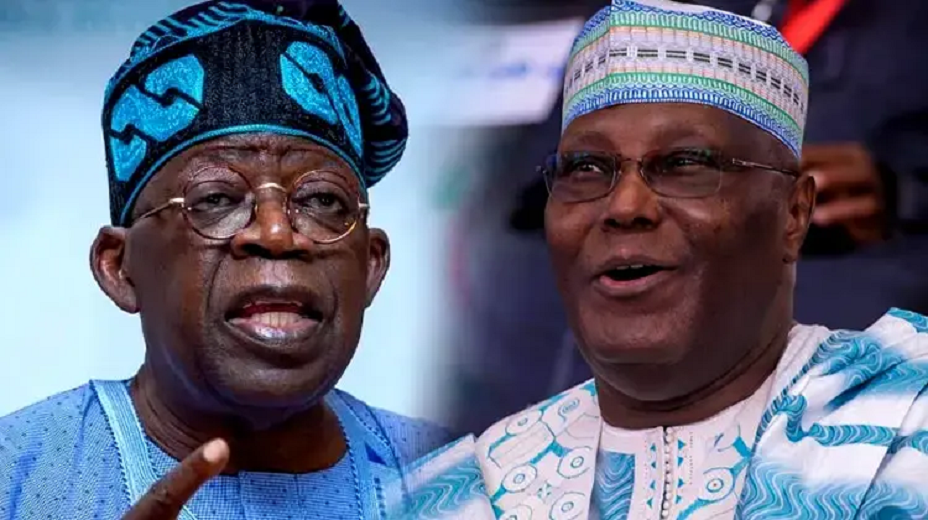By Victor Irechukwu, Head of Engineering, OnePipe
Waving your hand to pay after shopping at a store, or simply placing your mobile phone on the checkout counter could seem strange – at least to a number of people in Nigeria. But it is possible and in fact, already standard practice in some countries.
This, and other cashless methods can also be possible in Nigeria if the right technologies are adopted. After all, some people already use tollgates where courtesy of something called e-tag, they are let through without waiting to pay every time. It is a form of cashless technology too.
Global cashless payment volumes are set to increase by more than 80% from 2020 to 2025, from about 1tn transactions to almost 1.9tn, and to almost triple by 2030, according to analysis by PwC. Asia-Pacific will grow fastest, with cashless transaction volume increasing by 109% from 2020 to 2025 and then by 76% from 2025 to 2030, followed by Africa (78%, 64%) and Europe (64%, 39%). Latin America comes next (52%, 48%), and the US and Canada will have the least rapid growth (43%, 35%).
Here are some technologies Nigeria should be looking into so as to strengthen the move towards being cashless.
QR code
Have you ever come across a sign that says ‘scan to pay’ (with a pattern of black squares) after shopping at a store? Any business or individual that receives payment can provide this option, which is derived from Quick Response codes, which are machine-readable barcodes that store information.
In 2020, Ghana became the first African country to introduce a universal QR code. In South Africa, the Payments Association of South Africa (PASA) has identified a need to streamline the experience of both payer and payee and is in the process of standardising QR codes across the sector.
In 2021, the Nigeria Inter-Bank Settlement System Plc (NIBSS) launched the New Quick Response (NQR) payment solution code, which it describes as “an innovative payment platform implemented on behalf of all financial service providers.” The New Quick Response code solution offers a robust platform that delivers instant value for P2B and P2P transactions by simply scanning to pay.
Generally, making QR codes more widely used will create another easier way for people to transact without cash, and cheaper for merchants to receive their money.
Mobile money
Nigeria still hasn’t fully hacked Mobile Money, despite the successes recorded in other countries across Africa. In 2021, CBN data shows Nigeria recorded 1.2 billion mobile money transactions with a value of N15 trillion (about $34 billion using official rates).
However, in Ghana, with a fraction of Nigeria’s population, the volume of transactions was 4.25 billion in 2021, with a value of GH¢ 978.32 billion (about $75 billion).
Let’s not even compare with Kenya or other African countries blazing the trail in mobile money. It is clear that this technology remains largely underexplored in Nigeria. With the country’s large rural population and low internet penetration, mobile money offers those who would otherwise be disadvantaged a way to send and receive money electronically and with less sophistication required.
Digital wallets
iPhone users should be familiar with Apple Pay and their android contemporaries, Google Pay. But, whenever you are sceptical of inputting your card details on a website, has it occurred to you to use that Apple or Google pay function (which you already trust) on your device?
There are other options which PwC described in a report as ‘super-apps’ such as WeChat Pay and Alipay in China, and in different countries, local options abound with different names. While many people already use these platforms it is still not a widespread means of payment in Nigeria.
These digital wallets allow consumers to load and store payment methods and access funding sources, such as cards or accounts, on their mobile devices. The use of digital wallet–based transactions grew globally by 7% in 2020, according to a report by FIS, a financial services technology group, which predicts that digital wallets will account for more than half of all e-commerce payments worldwide by 2024, as consumers shift from card-based to account- and QR code–based transactions.
Nothing stops the growing fintech industry in Nigeria from introducing similar platforms to take advantage of the immense opportunities.
Contactless payments
This has been referenced a few times earlier and it is one innovative way to not only get more people to go cashless, but also in a way that would excite them.
Imagine that you have finished shopping at a supermarket and the cashier tells you to simply hold your phone near theirs and with the tap of a button, payment is done.
This movement of money from you as a customer to the merchant happens through near-field communication (NFC) technology, a function you may have seen on your phone, never utilised and probably been curious as to what it does.
A Tappit article further explains that instead of swiping or inserting your bank card into a reader and typing a PIN, you simply ‘tap-and-go’ or ‘wave and pay’. To make a payment, you place your bank card or contactless-enabled mobile phone near the reader.
These technologies, in addition to other existing cashless payment methods like the regular bank transfers, card payments, can help drive Nigeria’s cashless economy further.





















































